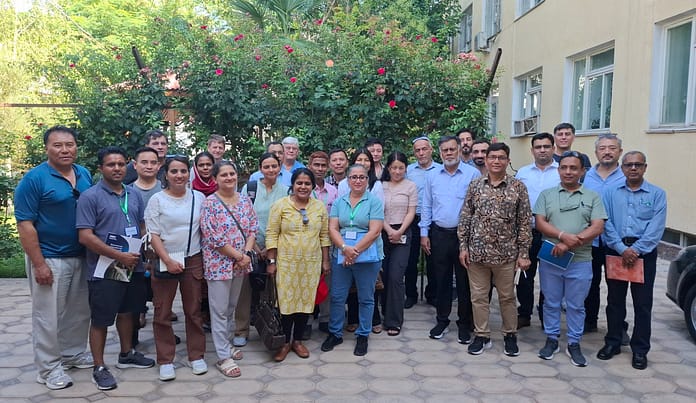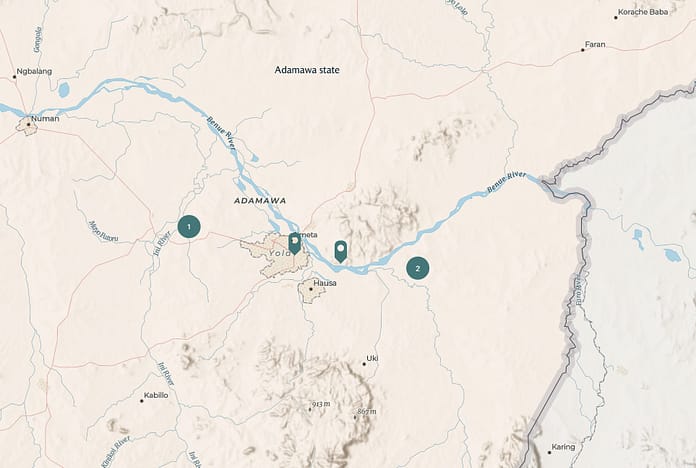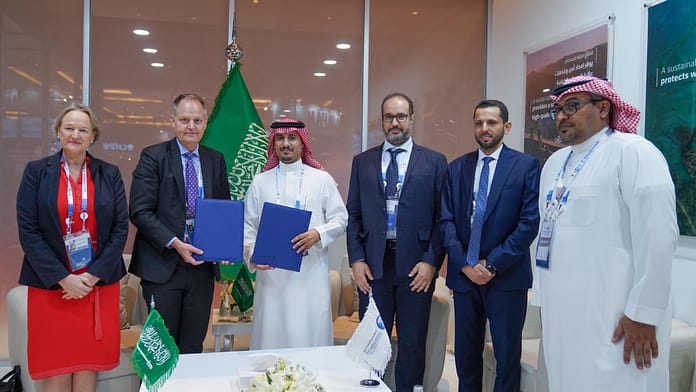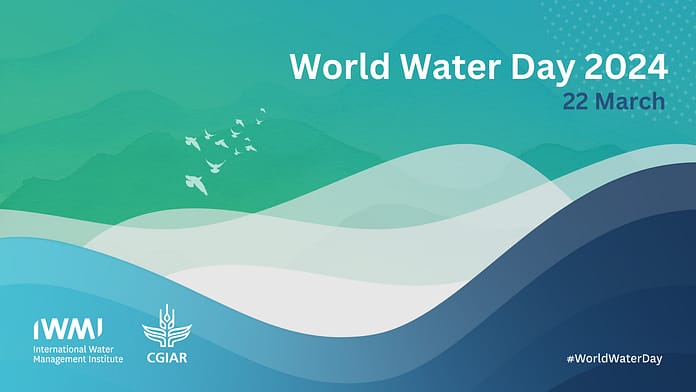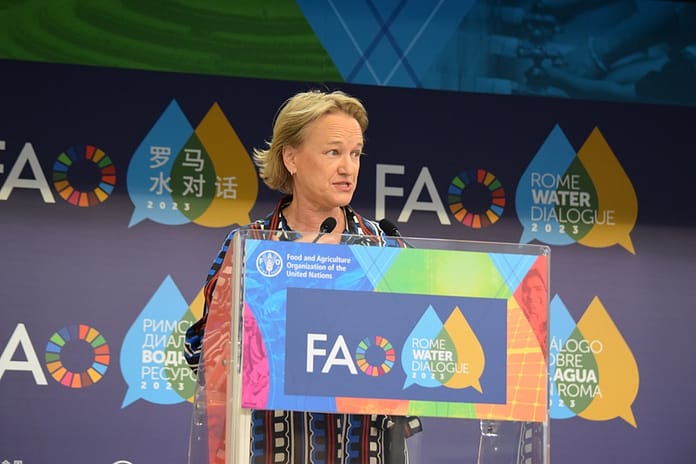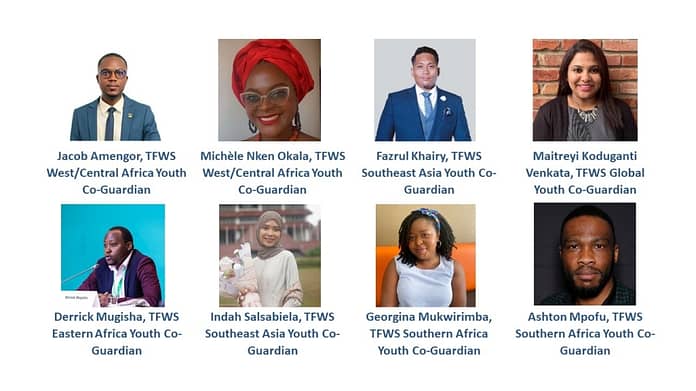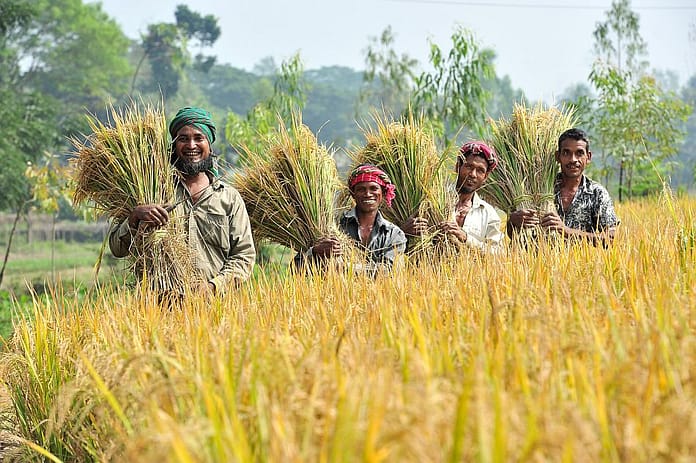By Nada Al-Tantawi, Communications Consultant, International Water Management Institute (IWMI)

Jordan took significant steps toward ensuring sustainable water resources and economic growth with the announcement of key priorities and policies under its new Modernization Vision 2033. It aims to guide Jordan’s water and other sectors through the next decade with strategies to boost supply, rationalize demand, and strengthen management and governance of the country’s scarce water resources. The Vision was developed earlier this year by a working group which also involved government agencies and international experts.
The priorities and roadmap underpinning Vision 2033 were presented and discussed at the “A Year of Modernization” forum on August 25-26. The forum brought together leaders from government, civil society, research for development organizations, donors, and the private sector to chart the path forward on modernizing Jordan’s economy.
Dr. Maha Al-Zu’bi, IWMI Regional Researcher and Co-Lead of the CGIAR Initiative on Fragility to Resilience in Central and West Asia and North Africa, moderated a session on sustainable resources at the forum. As a member of the working group that helped shape Vision 2033, she highlighted the plan’s focus on integrated solutions such as water reuse, rainwater harvesting, water-energy-food nexus, and public-private partnerships for infrastructure development.

“Jordan has demonstrated foresight and leadership in proactively developing a long-term strategy for its most precious resource,” Dr. Al -Zu’bi said. “Realizing Vision 2033’s goals will be critical to the country’s water and food security as well as its ability to attract investment and create jobs in the years ahead.”
The Modernization Vision 2033 -Water Sector was developed over several months of consultation with stakeholders across government ministries, water utilities, private sector organisations, civil society groups and international experts. This ensured the plan incorporated diverse perspectives and priorities.
Some of the key strategies outlined in Vision 2033 include reducing non-revenue water losses through infrastructure upgrades, incentivizing water conservation in agriculture through improved irrigation methods, and treating and safely reusing over 50% of treated wastewater by 2033.
The plan is expected to help close Jordan’s widening water demand-supply gap, which is being exacerbated by factors like population growth, urbanisation, and climate change.
During the forum’s session on sustainable resources, participants engaged in robust discussion around challenges to financing and coordination across different levels of government. Many expressed optimisms that Jordan’s strong track record of reforms would allow it to surmount implementation hurdles.
Through its Middle East and North Africa (MENA) regional office in Egypt and staff in Jordan, IWMI will continue to support the Kingdom of Jordan and its stakeholders in working to achieve water security through research and partnership. In addition to its leadership on recently concluded projects (ReWater MENA, MENAdrought), IWMI is currently involved in several projects underway in Jordan: the USAID Water Efficiency and Conservation Project, Al Murunah Project, and WaPOR II. Through these projects, IWMI showcases sustainable water conservation measures in the irrigation sector, develops water assessment and monitoring tools, and integrates nature-based solutions towards resilient water systems.





